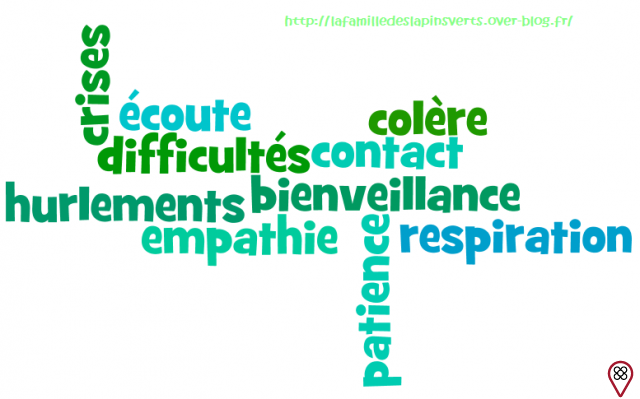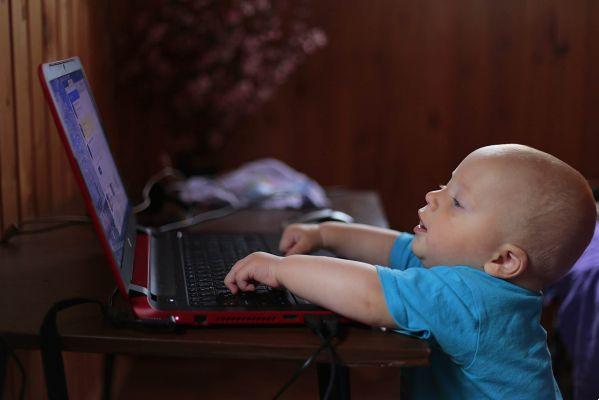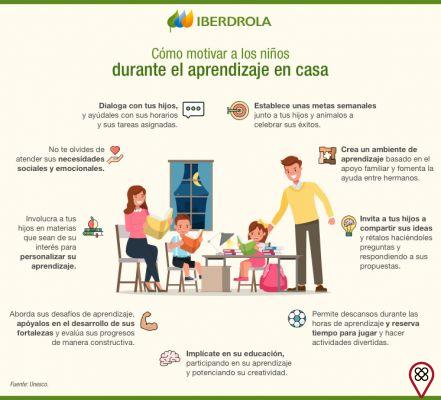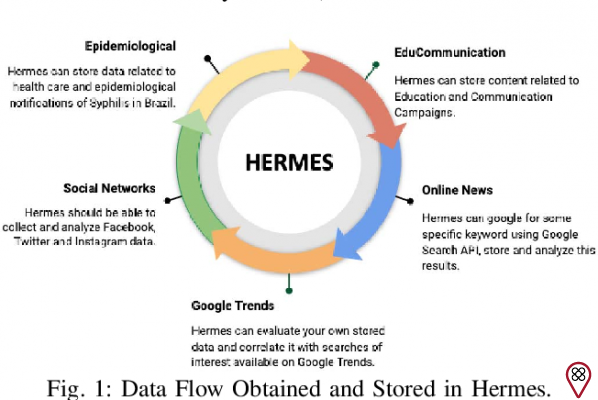How to teach philosophy in times of distance education? In times of social networks? In times when the classics are no longer read? Faced with an apparently dark picture for philosophy professors, for philosophers, the path is still open and frank dialogue in the fashion of Socrates, Plato, Aristotle…
Yes, the way out to return to philosophy, in the first place, is to understand that social networks have become "to classroom" of the new times. Second, that social networks can be an excellent instrument for teaching and learning philosophical thinking. In this way, with the advancement of educational technology, any teacher can expand the boundaries of their classroom and start teaching to thousands of people around the world.
Unfortunately, this is a reality that no teacher can oppose. In other words, it is useless for the teacher to say that he is against new technologies, social networks, that he is against distance education; he has to prepare himself for this new reality. It's a world of no return. The balance in paradise no longer exists or is a distant, metaphysical reality. This basically stems from two questions:
First, because the contemporary world is technological.

Nowadays, nothing is done without the help of technology. The world has changed, and technology is in every field of human activity. From complex banking applications to the sale of fish in the interior of the Amazon, technology has become a fetish of contemporary man. The downside of all this is that many cultural practices considered morally good, fair and supportive have been left out. From there, harmful practices to human beings emerged or increased, such as prejudice, terrorism, xenophobia and discrimination.
Second, distance education contributed to the poor quality of teacher training. In all areas of knowledge, what we see today are teachers who are more concerned with “form” than with “content”. And the most amazing thing about all of this is that with the support and approval of the competent bodies: the universities and the Ministry of Education itself. In other words, educational institutions have not been able – I hope yet – to lead all these changes for the positive side of education.
To give an example, let's look at the employment side.

Before, in formal face-to-face education, it was common for teachers to have their weekly workload filled with four or five classes. Now, with this new modality, the teacher “never” has his weekly workload filled. As a result, the teacher's work increased and his salary decreased. Even more. With the new educational tools, the teacher found himself “obliged” to respond to messages from students on social networks, under penalty of being considered antiquated, old, outdated. Finally, distance education has directly affected the employment of thousands of teachers.
Paradoxically, the professional of philosophy is the one who suffers most from the distance education modality. Not that the philosopher is unprepared to act in this new reality, far from it! It turns out that, as for many education managers, coordinators, technicians and bureaucrats, philosophy is a useless subject, so it is the first subject to be placed in the distance education modality or even excluded from the curriculum.
You may also like another article by this author. Access: What would the world be like if you weren't so selfish?

























